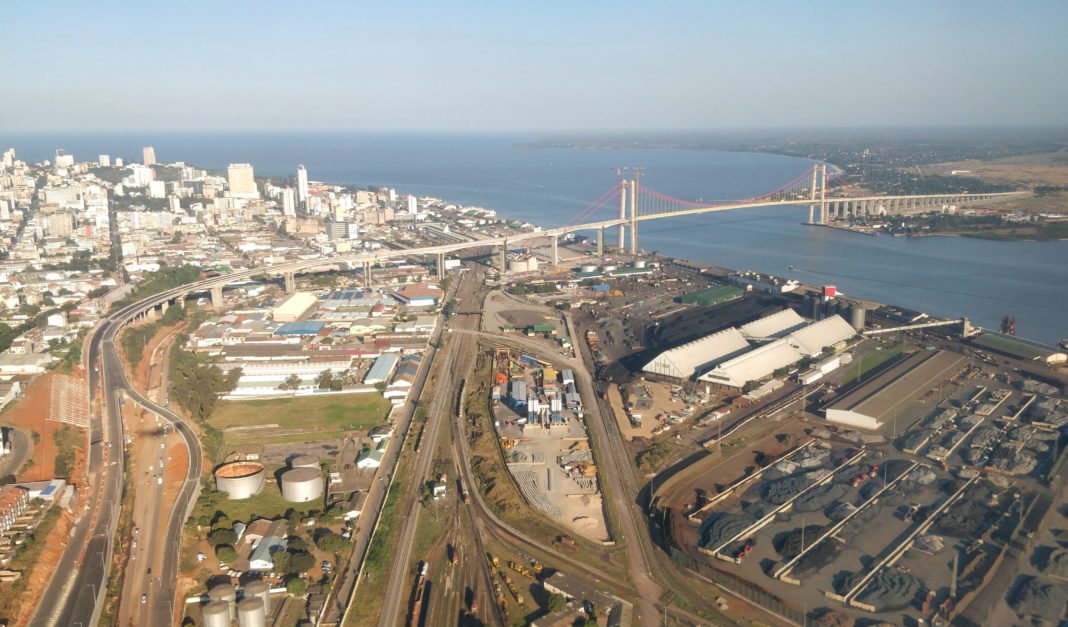Economic growth in Mozambique is expected to accelerate to 4.2% in 2020, after it was limited to 1.0% in 2019 due to the impact of cyclones Idai and Kenneth, which caused significant human and material damage in the north and center of the country, according to the latest report on the country by the Economist Intelligence Unit (EIU).
The growth expected to be recorded this year will, according to the EIU, be due to work for the reconstruction of the damage caused by the two cyclones and the start of the investment in the exploration of natural gas deposits in the Rovuma basin, in the north of the country.
“This investment will allow the economy to grow at an average rate of 7.8% per year in the2021/2024 period,” the report said. The economic growth rates expected in the period are 6.5% in 2021 and 2022, 8.1% in 2023 and 9.9% in 2024.
The same document mentioned that the inflation rate is forecast t increase in the same period. This year the EIU expects inflation of 3.1%, increasing to 5.5% and 5.8% in 2021 and 2022, respectively, and then rising to 7.0% in 2023 and finally to 7.8% in 2024.
The balance of the General State Budget is expected to be negative in all the years considered, ranging between a minimum of minus 2.5% in 2024 and minus 5.9% in 2021, after a forecast of minus 4.7% this year. The same is expected of the balance of current account transactions, with maximum and minimum values of minus 40.2% in 2023 and minus 34.7% in 2024.
The EIU analysts also said that Mozambique is expected to have improved access to capital markets, from which it stepped away in 2016 due to the disclosure of the scandal of so-called hidden debts contracted by two public companies with the backing of the State. The return to the markets is due to the fact that the holders of Euro-bonds of Mozambican tuna company Ematum have agreed on a second restructuring process.
“However, Mozambique’s international reputation will not fully recover while the loans contracted by the ProIndicus and Mozambique Asset Management,” said the EIU, adding that the debate is still ongoing in the country’s parliament on whether the loans were legal or not, and if their payment should be the responsibility of taxpayers.
The document said that the fact the country has large natural gas reserves has allowed it to attract a large amount of foreign direct investment, particularly from Russia, China, and the United States.
































